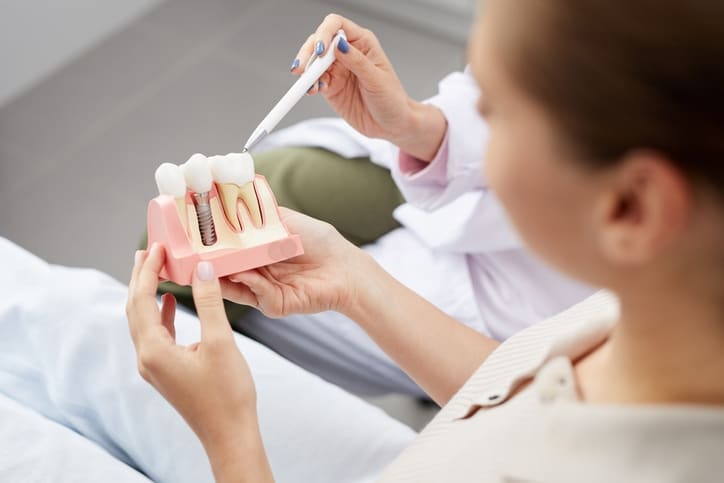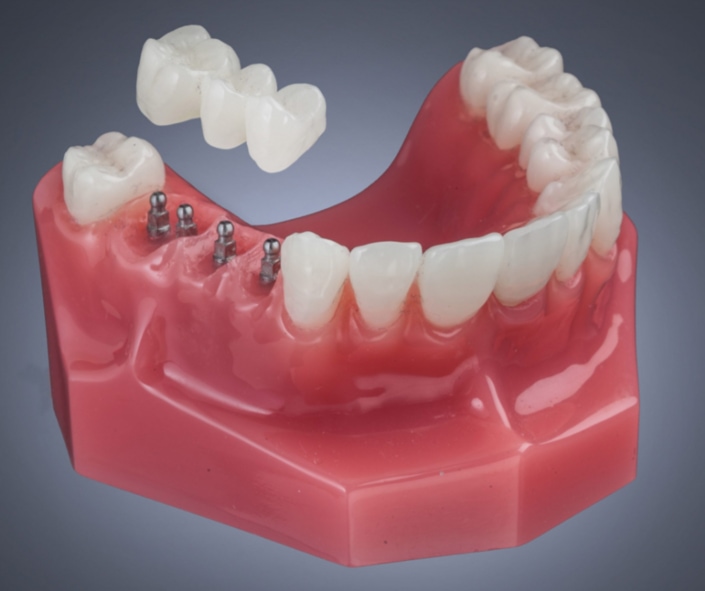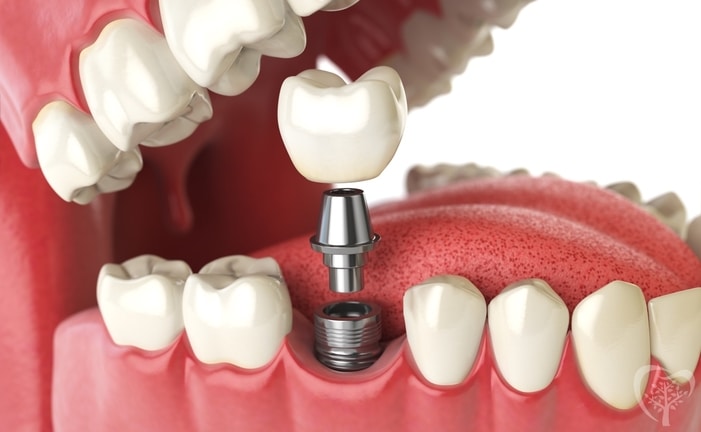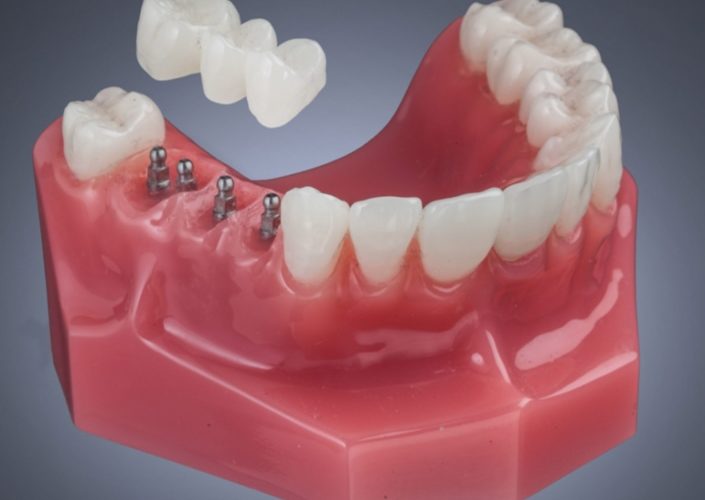Dental implants are made of oral hygiene materials that work to keep your natural teeth healthy and looking their best. They are typically made from titanium, which is a strong and durable metal that is resistant to corrosion. Titanium is also biocompatible, meaning that it is not rejected by your body’s tissues.
This makes it an ideal material for dental implants. Other materials that are sometimes used for dental implants include zirconia and ceramic. These materials are also strong and durable, and they can provide a natural tooth-like appearance.
MATERIALS USED IN DENTAL IMPLANTS
Titanium is the most common material used in dental implants. It is strong, durable and does not corrode. Titanium is also biocompatible, meaning that it will not be rejected by your body’s tissues. This makes it an ideal choice for dental implants.
In alternative to titanium, Zirconia is another material that can be used for dental implants. It is a strong, durable ceramic material that can provide a natural tooth-like appearance.
Ceramic materials are also sometimes used for dental implants. They are strong and durable, and they can provide a natural tooth-like appearance.
Ceramic, titanium alloys, and zirconia are all strong, durable materials that can be used for dental implants. They are each biocompatible and will not be rejected by your body’s tissues.
These materials are safe for use in dental implants, and they can provide a natural tooth-like appearance. Choose the material that is right for you and your smile.
CONSTRUCTION OF DENTAL IMPLANTS
Dental implants are made from titanium screws that are placed into the jawbone. The titanium screw fuses with the jawbone, creating a strong and stable foundation for the dental implant. Once the titanium screw has fused with the jawbone, an abutment is placed on top of it.
The abutment is a small connector piece that is used to attach the dental implant to the prosthetic tooth. The prosthetic tooth is then placed on top of the abutment, completing the dental implant.
CARING FOR YOUR IMPLANTS
Dental implants are made of durable materials, but you should take care of them to be sure they’ll last. This includes brushing and flossing to remove food particles from your mouth and to keep your gums healthy.
You should also visit your dentist regularly. He might want to see you more often to evaluate the condition of your gums. Gum disease is common among people with dental implants, and any severe problems of this nature could cause your implants to fail.
Take care of your dental implants and they will take care of you. Brush and floss regularly, and visit your dentist for checkups and cleanings. With proper care, your dental implants can last a lifetime.
Are There Alternative Materials for Dental Implants?
While titanium dental implants are the most common material used in dental implants, there are alternative materials that can be used. These include zirconia and ceramic. These dental implant materials are also strong and durable, and they can provide a natural tooth-like appearance.
- -zirconia dental implants are a strong, durable ceramic material that can provide a natural tooth-like appearance.
- Ceramic materials are also sometimes used for dental implants. They are strong and durable, and they can provide a natural tooth-like appearance.
Ceramic, titanium, and zirconia are all strong, durable materials that can be used for dental implants. They are each biocompatible and will not be rejected by your body’s tissues. These materials are safe for use in dental implants, and they can provide a natural tooth-like appearance. Choose the material that is right for you and your smile.
- Alternative metals: Other metals that could be used for dental implants are stainless steel, gold, and cobalt-chromium. While these have many favorable properties such as resistance to corrosion and durability, they have lower success rates than other metals such as titanium and zirconia.
While there are several alternative materials for dental implants, many of them have a lower success rate than titanium and zirconia, which means professionals will not use them as often.
Source: Hiossen.com






